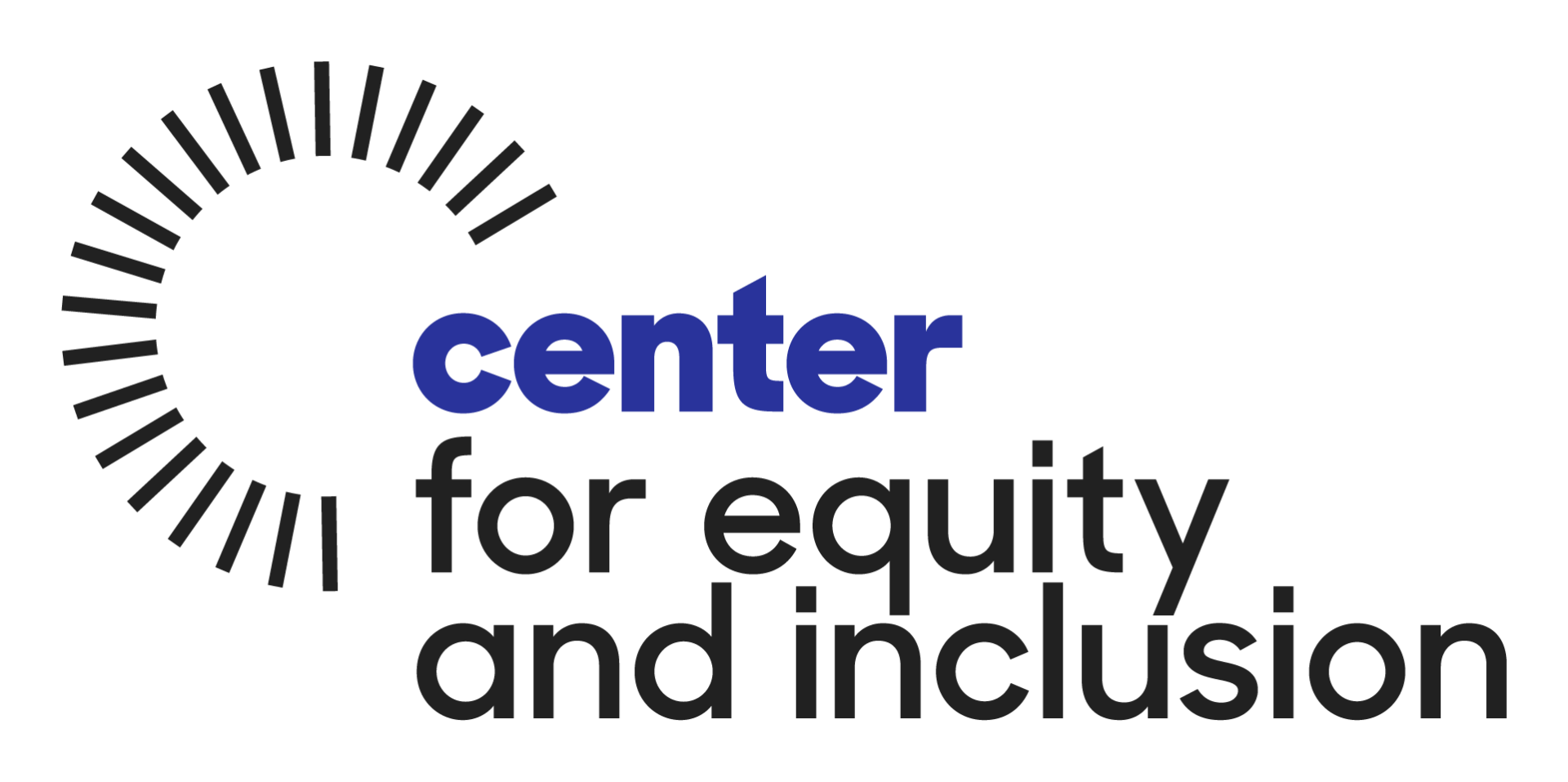By Jessica Mallare-Best
As educators, we always wish we had more time. That being said, when it comes to finding time to continue our learning and develop our practice, there just doesn’t seem to be any unless there is real value in what there is to learn.
I haven’t met an educator who didn't love to learn. I have also met educators with many professional development experiences that not only did not hit but might have also caused harm. And who would want to take the time out of their already packed days to participate in professional development that doesn’t help them grow? Knowing all this and coming from being a full-time classroom teacher, I understand the trepidation around the “professional development” label.
This is why we at the Center have developed our virtual courses. These courses are designed to be centered around educators’ real-time needs and accessibility. A series of virtual, bite-sized, topic-specific courses created for educators and youth workers. These engaging sessions are perfect for anyone working with youth who want to enhance their skills and tackle disparities in meaningful ways—and they’re ideal for earning continuing education hours! We hope those who have chosen to serve our youth and families will be able to gain insight into how to do things differently and foundational skills to bring into their practice in real-time.
The virtual course topics come from countless hours of training and perspectives from educators all over the region who share very similar concerns, challenges, and needs. Developing our capacity to be culturally responsive, use asset-based communication, be in the right relationships with families, and redefine discipline are essential skills to any youth worker as they will significantly impact how we serve our kids and families. Not only that, the BIPOC and white affinity offerings will serve as a place of connection, healing, and learning for those of us who are continuously working to be better.
With everything constantly shifting and feeling out of our control, we must stay focused on where we have agency. We may not be able to control policy or have direct decision-making power, but we do hold direct influence over every young person who walks through our doors. An educator who is uninformed, although maybe well intended, can make or break a young person’s relationship with school.
As educators, we do not receive enough (or any, really) training on how to work across differences and navigate our racialized and culturally diverse world. Because of this, our kids and families of color are often the ones who pay the price of our ignorance. It is up to us to work on ourselves to be the youth workers our kids deserve. We cannot expect the predictable outcomes of disparities to change unless we are courageous enough to examine our role in them.
Join a community dedicated to equity by building skills to work more inclusively with our students and families—and help break cycles of disparity for future generations.
Click here to enroll now in virtual courses for educators.
contact us
We will get back to you as soon as possible.
Please try again later.
All Rights Reserved - Center for Equity and Inclusion
Center for Equity and Inclusion : 1801 NE Alberta St, Portland, OR 97211, USA | Phone : 503 451 3003



